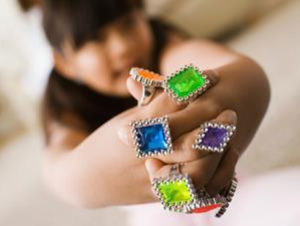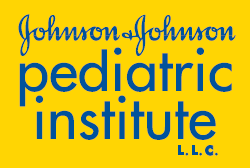MEDICINES AND HOME REMEDIES
- Middle East
- Alkohl, Bint Al Dahab, Bint Al Zahab,Bokhoor, Murrah, Farouk, Santrinj
- Asia, India
- Bali Goli, Ghasard, Kandu, Deshi Dewa
- India, Tibet
- Ayurvedic Medicine, Tibetan Herbal Vitamins, Kushta
- China
- Jin Bu Huan, Po Ying Tan, Bo-Baw-San,Litharge, Cordyceps, Hai Ge Fen
- Southeast Asia
- Koo Sar, Pay-loo-ah
- West Africa
- Calabash Chalk (Nzu, Calabar Stone, Poto, Ndom, Mabele, Argile, or La Craie)
- Mexico, Central America
- Azarcon (Alarcon, Coral, Luiga, Maria Luisa, or Rueda), Litargirio, Greta, Albayald

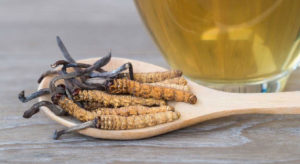
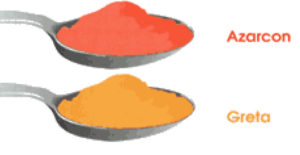
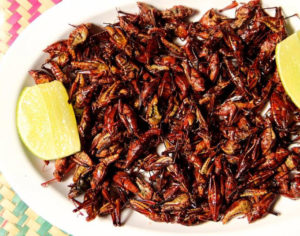
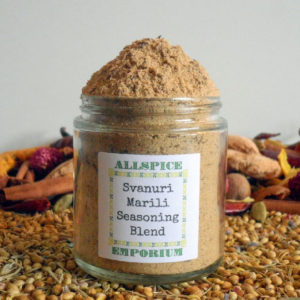
FOOD, CANDY, AND SPICES
- Middle East
- Lozenna
- Mexico
- Grasshoppers (Chapulines), Tamarind candy, Chili Powder, and Spices
- Eastern Europe, Republic of Georgia
- Svanuri Marili, Kharcho Suneli
- Asia, India
- Kuzhambu
COSMETICS
- Asia, India
- Sindoor
- Middle East, India, & North Africa
- Surma/Kohl/Al Kohl, Henna
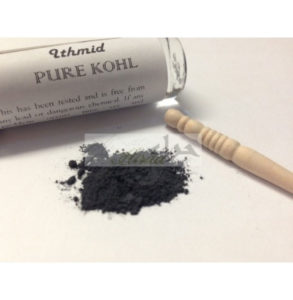

POTTERY AND COOKWARE
- Ceramic glaze used in pottery may contain lead and enter food stored or prepared in the pottery.
TOYS AND JEWELRY
- Products bought from many stores have been found to contain lead. Visit www.cpsc.gov for more information.
